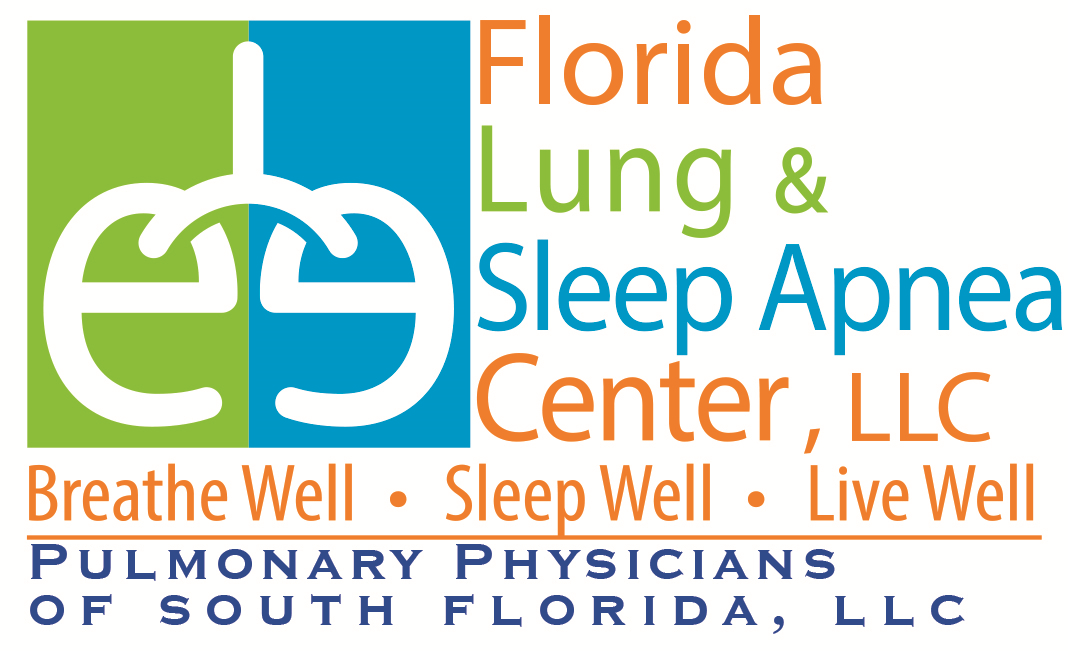What are Pulmonary Diseases?
Pulmonary Diseases are any abnormal condition of the respiratory system, characterized by cough, chest pain, shortness of breath, coughing up blood, sputum production, stridor, or abnormal breathing sounds.
Less common symptoms include anxiety, arm and shoulder pain, tenderness in the calf of the leg, swelling of the face, headache, hoarseness, joint pain, and somnolence.
We use different diagnostic procedures for pulmonary diseases, which include bronchoscopy; cytologic, serologic, and biochemical examination of bronchial secretions; laryngoscopy; pulmonary function tests; and radiography.
Obstructive respiratory disease is the result of a reduction of airway size that impedes air flow. The obstruction may result from bronchospasm, edema of the bronchial mucosa, or excessive bronchial secretions.
Acute obstructive respiratory diseases include asthma, bronchitis, and bronchiectasis; chronic obstructive diseases include emphysema, chronic bronchitis, or combined emphysema and chronic bronchitis.
Patients with obstructive diseases may have acute respiratory failure from any respiratory stress, such as infections or general anesthesia. Restrictive respiratory disease is caused by conditions that limit lung expansion, such as fibrothorax, obesity, a neuromuscular disorder, kyphosis, scoliosis, spondylitis, or surgical removal of lung tissue.
